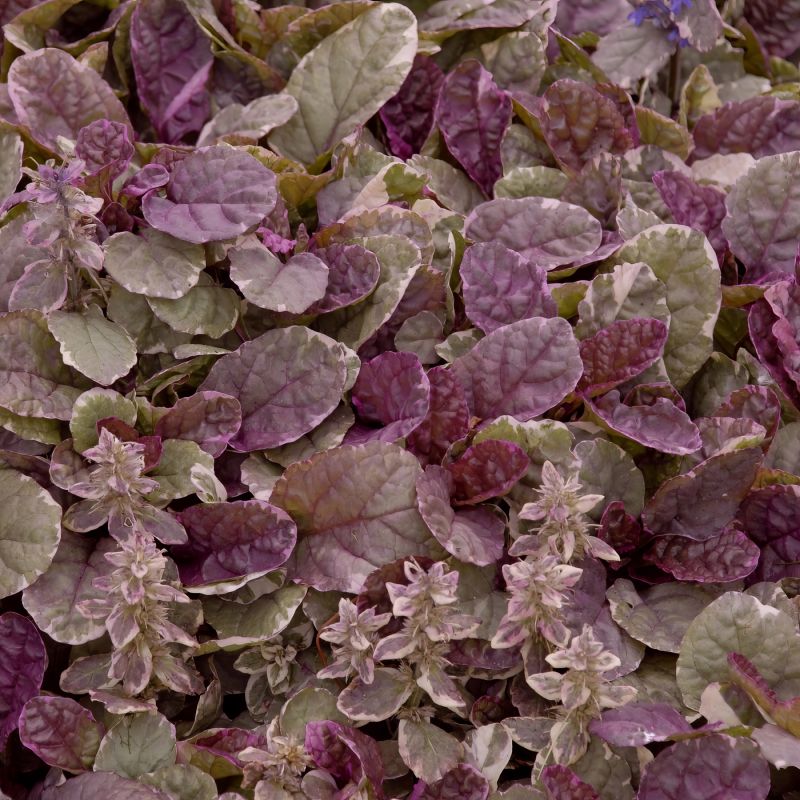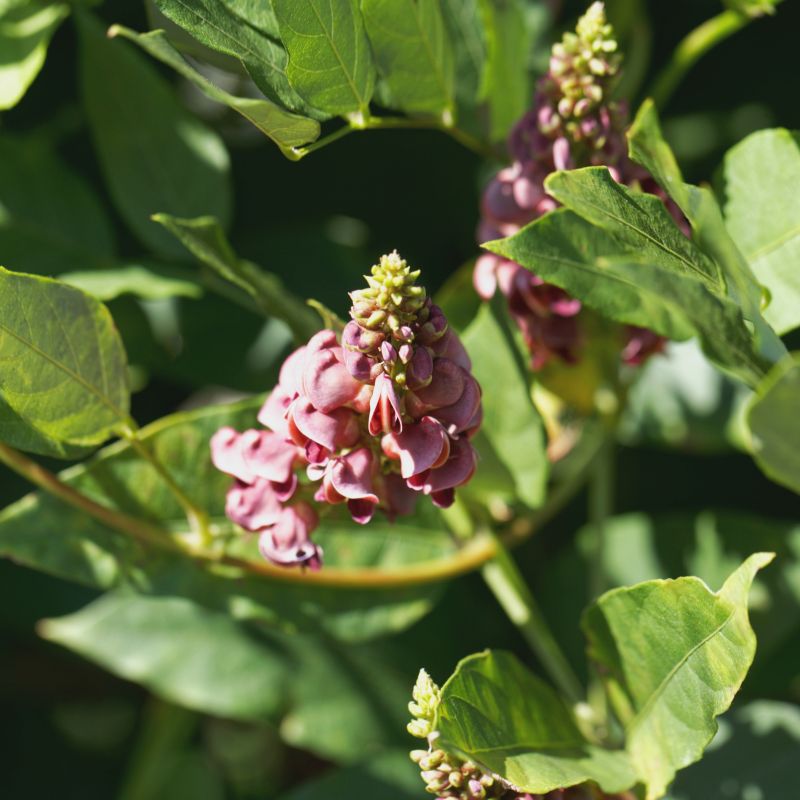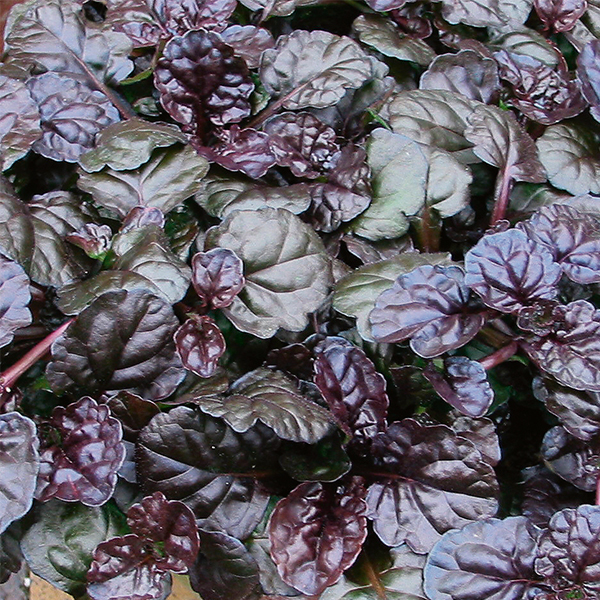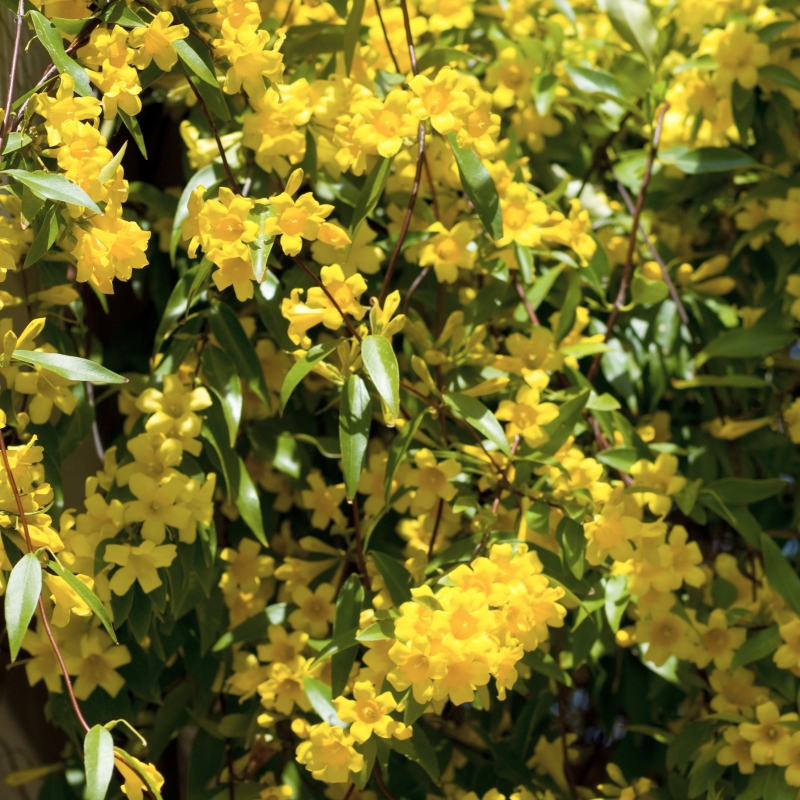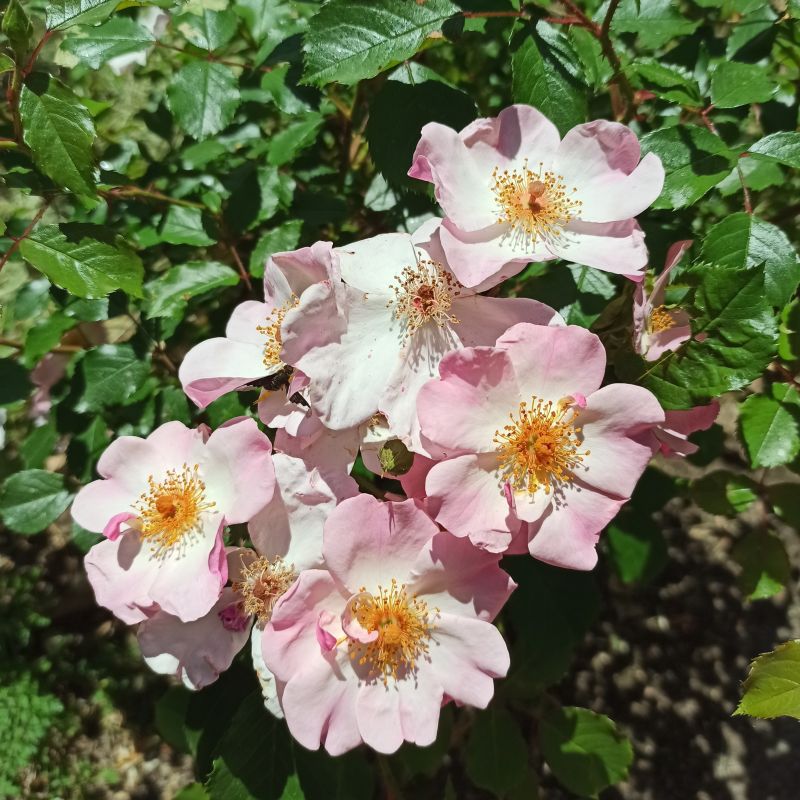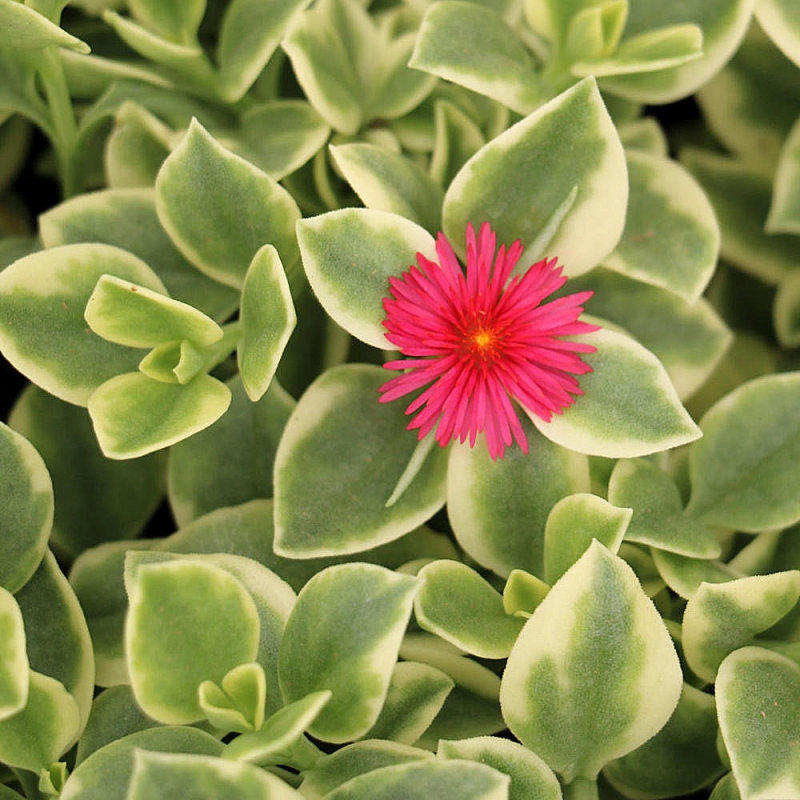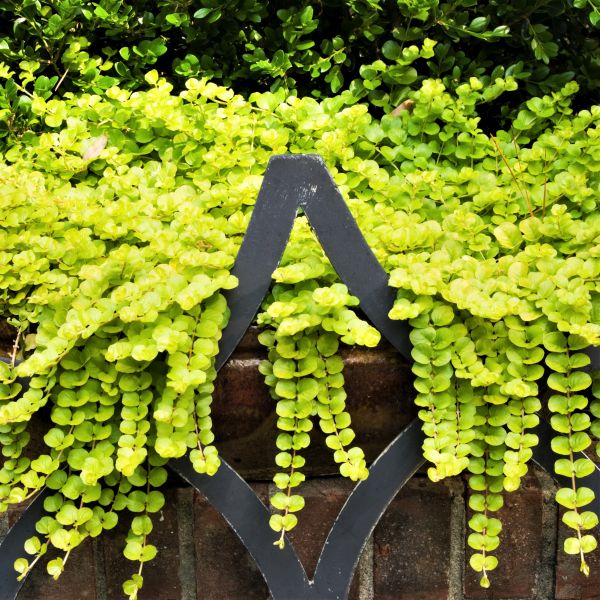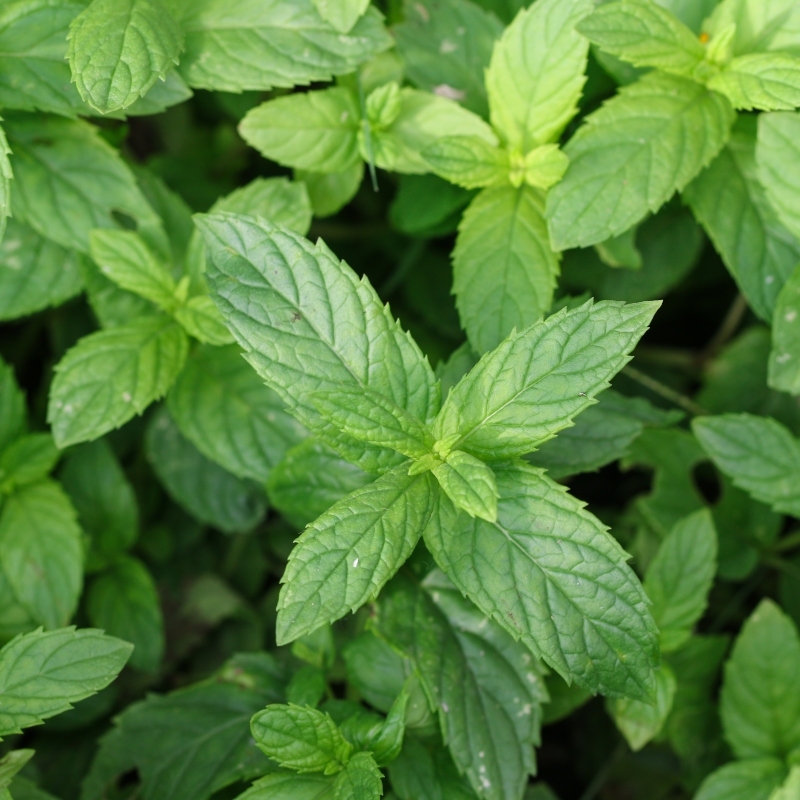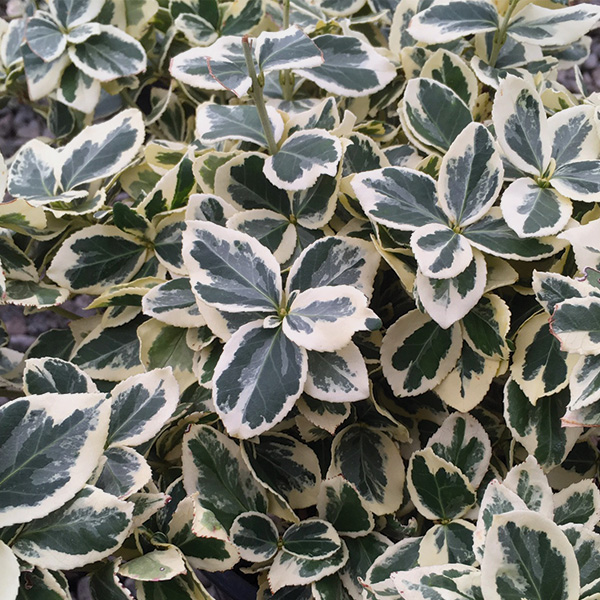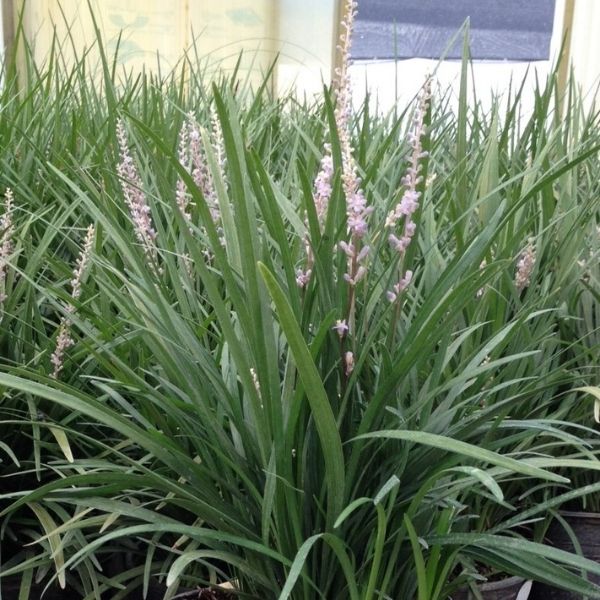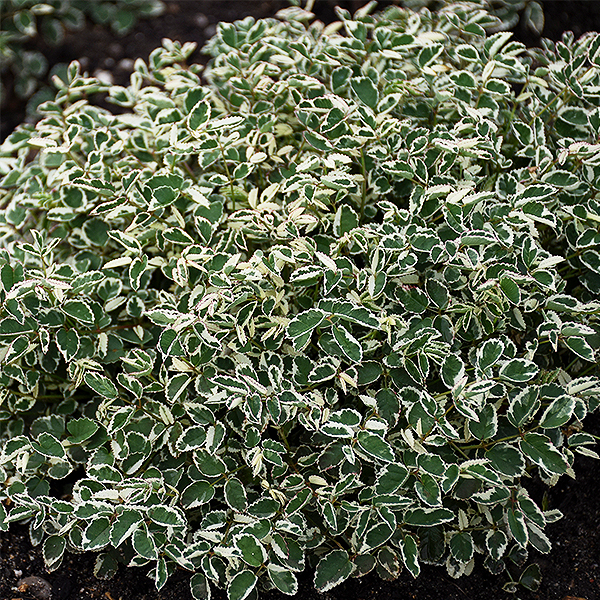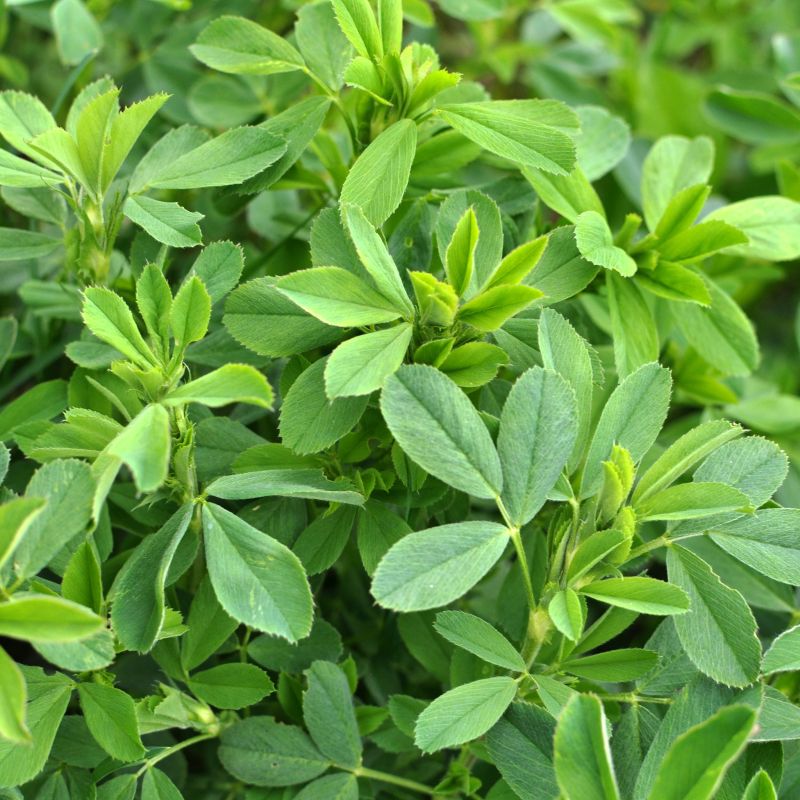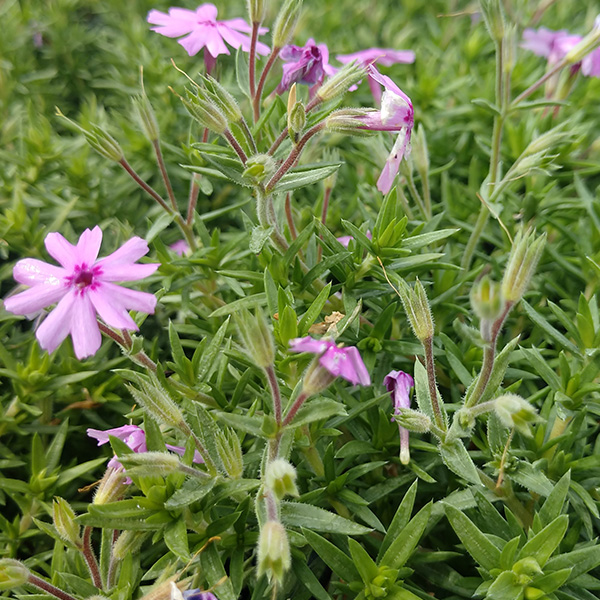
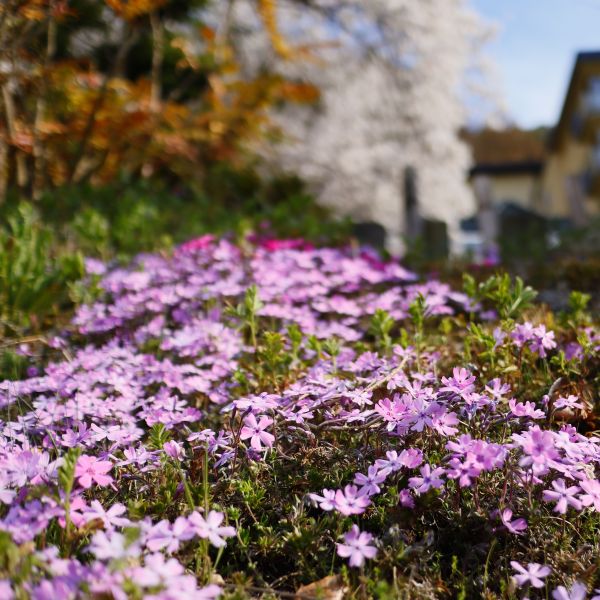

Fort Hills Creeping Phlox
Phlox subulata 'Fort Hills'
19 reviews
Fort Hills Creeping Phlox
Phlox subulata 'Fort Hills'
19 reviews
- Thrives in full sun to partial shade
- Drought tolerant and requires minimal maintenance
- Produces cascading blooms of vibrant purple flowers in spring
- Recommended by landscape designers for optimal fit in real yards
$47.00
$68.00
30% Off
- Ships to 43215 in 3 to 7 days
- Free Shipping Over $150
- Plant Arrival Guarantee
- In Stock
- Free Plant Consult
$200 - Landscape-Approved: Every Plant We Sell Comes With Design Expertise Behind It
1 Gallon
Not just beautiful - intentionally selected by ShrubHub's 3D landscape design team to fit real-world spaces and maximize yard potential.
Why Fort Hills Creeping Phlox?
Fort Hills Creeping Phlox (Phlox subulata 'Fort Hills') is a low-growing perennial that produces masses of vibrant pink flowers in early spring. Its evergreen foliage remains attractive year-round and requires minimal maintenance once established. This cultivar is particularly noted for its ability to thrive in a variety of soil types and its tolerance of drought and heat. It makes an excellent groundcover or edging plant and is a favorite of pollinators such as butterflies and bees.
People who loved this plant also bought
Sunlight
Fort Hills Creeping Phlox requires full sun to partial shade for optimal growth and flowering.
Watering
Fort Hills Creeping Phlox requires regular watering, particularly during periods of dry weather. It prefers moist but well-drained soil and should be watered when the top inch of soil feels dry. Avoid overwatering to prevent root rot.
Fertilizing
Fort Hills Creeping Phlox requires a general-purpose slow-release fertilizer applied in early spring. It is best to use a balanced fertilizer with equal proportions of nitrogen, phosphorus, and potassium to promote healthy growth and flowering.
Fort Hills Creeping Phlox: Enchanting Lavender-Pink Blooms
Experience the magic of Fort Hills Creeping Phlox – a symphony of light lavender-pink blooms adorned with captivating purple centers.
This botanical masterpiece, available at our ShrubHub store, welcomes you to bask in the beauty of nature's elegance.
As winter's grip recedes, Fort Hills Creeping Phlox arrives like a breath of fresh air, offering a spirit-refreshing spectacle.
The amazingly lobed petals resemble dainty hearts, each one a testament to the intricacies of nature's artistry.
Watch your garden transform as this low-growing wonder becomes a sea of tiny flowers, cascading in a floral cascade.
Beyond its aesthetic allure, Fort Hills Creeping Phlox is a welcome treat for early butterflies and beneficial pollinators, providing them with a vital nectar resource.
Enhance your landscape with the tidy, evergreen foliage of Fort Hills Creeping Phlox.
Hailing from North America, this cold-hardy gem thrives with resilience. Its natural growth pattern shades out weeds, making it a champion of garden maintenance.
What's more, it acts as a soil stabilizer, ensuring your outdoor haven remains in perfect harmony.
Enduring moderately drought conditions once established, Fort Hills Creeping Phlox boasts easy-care characteristics.
Its adaptability knows no bounds, embracing various conditions with grace. And here's a delightful bonus: its taste doesn't appeal to deer, granting you the freedom to enjoy its beauty without worry.
Elevate your garden with the captivating charm of Fort Hills Creeping Phlox.
A celebration of nature's finest details, this perennial beckons you to relish the enchanting lavender-pink blooms.
Visit our ShrubHub store today and invite the elegance of Fort Hills Creeping Phlox to transform your garden into a haven of delicate beauty and enduring resilience.
Plant Information:
| Botanical Name: | Phlox subulata 'Fort Hills' |
| USDA Zones: | 3 - 8 |
| Water: | Low Once Established |
| Exposure: | Full Sun |
| Soil Needs: | Well Drained |
| Mature Height: | 6 - 8 inches |
| Mature Spread: | 18 inches |
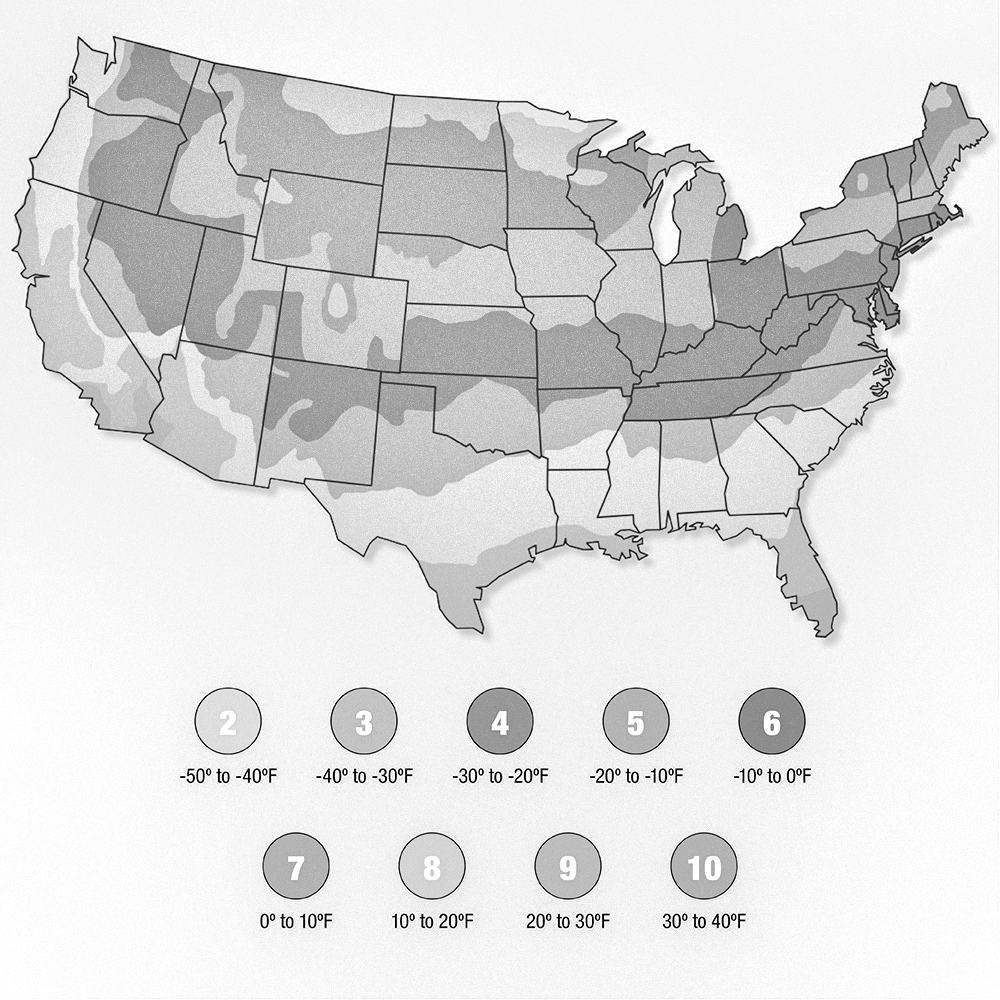






Pollination Info
Fort Hills Creeping Phlox (Phlox subulata 'Fort Hills') Pollination Info:
- Fort Hills Creeping Phlox is a pollinator-friendly plant and attracts bees, butterflies, and hummingbirds to its colorful flowers.
- The flowers are small and funnel-shaped with five petals and a tube in the center that contains the reproductive organs.
- The flowers are typically pink or purple, but can also be white, blue, or red.
- Phlox subulata 'Fort Hills' is a self-fertile plant, meaning that it can produce seeds on its own without needing pollination.
- However, pollination by bees and other insects can increase seed production and genetic diversity.
- Fort Hills Creeping Phlox blooms in the spring and early summer, providing an important source of nectar for pollinators during this time.
- To encourage pollination, plant Fort Hills Creeping Phlox in full sun to partial shade and provide well-drained soil. Deadhead spent flowers regularly to encourage new growth and more blooms.
FAQ
Fort Hills Creeping Phlox (Phlox subulata 'Fort Hills') FAQ
What is Fort Hills Creeping Phlox?
Fort Hills Creeping Phlox, also known as Phlox subulata 'Fort Hills', is a low-growing, mat-forming perennial plant that produces masses of small, fragrant, pinkish-purple flowers in the spring.
Where does Fort Hills Creeping Phlox grow?
Fort Hills Creeping Phlox thrives in full sun to partial shade and prefers well-draining soil. It is native to North America and commonly found in rocky or sandy soils in fields, open woods, and along roadsides.
How do I plant Fort Hills Creeping Phlox?
Plant Fort Hills Creeping Phlox in the spring or fall by preparing the soil with compost or a slow-release fertilizer and spreading the plants 6 to 12 inches apart. Water regularly until established.
How do I care for Fort Hills Creeping Phlox?
Fort Hills Creeping Phlox requires little maintenance, but should be watered during dry spells and deadheaded to encourage blooming. A light pruning after blooming can also promote bushier growth.
How do I propagate Fort Hills Creeping Phlox?
Fort Hills Creeping Phlox can be propagated by division in the spring or early fall. To divide, carefully dig up the plant and separate it into smaller sections, making sure each section has a healthy root system.
What are the benefits of Fort Hills Creeping Phlox?
Fort Hills Creeping Phlox is a beautiful, low-maintenance ground cover that produces masses of fragrant flowers in the spring. It can also help control erosion on steep slopes and provides habitat for pollinators.
What are some companion plants for Fort Hills Creeping Phlox?
Companion plants for Fort Hills Creeping Phlox include other spring-blooming perennials like tulips, daffodils, and hyacinths, as well as the low-growing evergreen shrubs like juniper or barberry, which provide contrasting colors and textures.
Planting & Care
Planting Fort Hills Creeping Phlox
Fort Hills Creeping Phlox (Phlox subulata 'Fort Hills') is a perennial ground cover that produces beautiful pink blooms in the spring. Here's how to plant it:
- Choose a sunny location with well-draining soil.
- Prepare the soil by adding compost or other organic matter.
- Plant the Fort Hills Creeping Phlox in the spring or fall.
- Dig a hole that is twice the diameter of the plant's root ball.
- Place the plant in the hole and backfill with soil.
- Water the plant thoroughly.
- Space plants about 12 to 18 inches apart.
Care for Fort Hills Creeping Phlox
Once your Fort Hills Creeping Phlox is planted, it's important to care for it properly to ensure its health and beauty. Here are some tips:
- Water the plants regularly, especially during dry spells.
- Fertilize the plants in the spring with a balanced fertilizer.
- Prune the plants after blooming to encourage bushier growth.
- Divide the plants every 2 to 3 years to keep them from becoming too crowded.
- Watch for signs of disease or pest problems, such as leaf spot or spider mites. Treat as needed.
With proper care, your Fort Hills Creeping Phlox will provide years of beautiful blooms and lush ground cover.
Check Out These Verified Customer Reviews:
Customer Reviews
4.7 out of 5 based on 19 reviews
Thank you! Your review has been submitted.
I was impressed with the quality of the Fort Hills Creeping Phlox I ordered. The plants arrived in excellent condition and customer service was very helpful. Would recommend!
Plant arrived in perfect condition, even prettier in person.
Healthy and vibrant plants
Item has been added to your cart.



